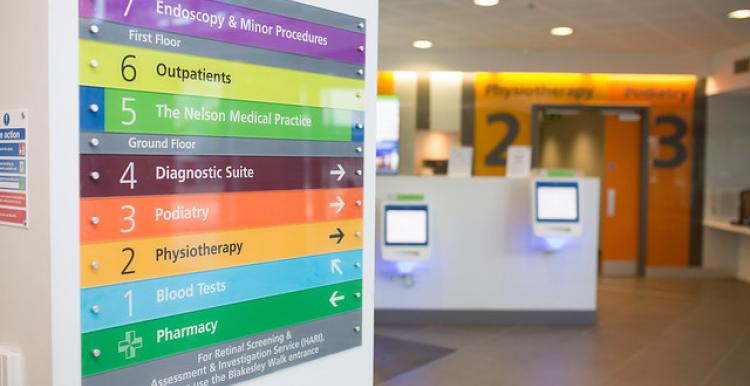CQC Publishes Inpatient Survey for 2023
The Care Quality Commission has published its annual survey on inpatient hospital care.

People were eligible to take part in the survey if they stayed in hospital for at least one night during November 2023 and were aged 16 years or over at the time of their stay.
Findings:
- The survey showed that people's experiences of inpatient care have deteriorated since 2020. Major declines in experience were recorded in 2021 and experience has remained relatively similar since then.
- Most patients report that their interactions with doctors and nurses are positive, though confidence and trust in clinical staff has deceased slightly.
- Transfers of care (discharge in particular) remain a major problem. Fewer respondents this year felt involved in decisions about their discharge from hospital, with less than half feeling they were given enough notice before being discharged.
- Waiting times for care remain a key issue. 23% of elective patients said they would like to have been admitted ‘a bit sooner’ and 19% ‘a lot sooner’ (compared with 22% and 17% respectively in 2022), while 58% said they ‘did not mind waiting as long as they did’, compared with 61% in 2022. 43% of elective patients said their health deteriorated while waiting to be admitted to hospital, though 49% said their health remained the same. 18% of respondents felt they had to wait ‘far too long’ to get to a bed on a ward after admission, which remains 10-percentage points higher than in 2020.
- People considered 'frail' reported poorer than average experiences for all the questions asked in the survey.
Healthwatch England’s response:
- Healthwatch England provided a media response to the survey, particularly focusing on what the findings tell us about issues patients face with discharge. Chief Executive, Louise Ansari was quoted in a range of media outlets.
- Louise said: “These findings reflect what people have told us about their experience of hospital discharge, with a lack of communication from services making them feel forgotten and confused about the next steps. Poor hospital discharge processes can leave people unable to get home or get the appropriate help once at home. It also leaves people at risk of returning to their GP, hospital or social care teams soon after discharge. And uncertainty about next steps can increase the pressure on unpaid carers who are left without support to help the person they care for.”
- Healthwatch England will continue to work closely with the CQC on these issues and will take part in an advisory group to inform next year's survey to ensure that its questions accurately reflect what matters to patients.
For the CQC's full report: